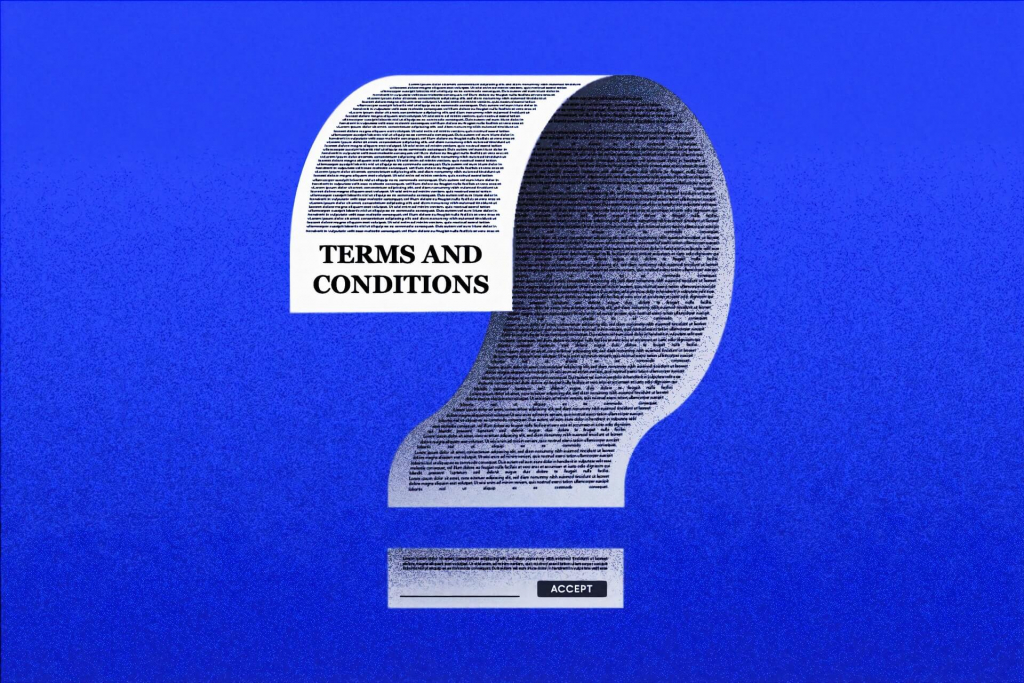As you know, the lease agreement is one of the important (if not the most) documents in a rental business. It covers the crucial parts of renting a property. It is a binding contract between the tenant and landlord in which both parties agree to fulfill their obligations.
Part of your job as a leasing agent is checking the lease agreements, so you can guide the tenants in making a decision. You would not want them to sign a document with vague details.

Although there are templates online, most landlords prefer writing their lease agreements. Sure, it is easier to download a template from the internet, but there is no guarantee that it will include everything that is needed in a contract. Let me elaborate on the subject of why one page is not enough.
• Pet rules not included
The problem with a one-page lease agreement is it may lack some of the items that should exist. One example is the rules for having pets.
Not all landlords will allow pets inside their properties. For those who do, there are rules that the tenants have to follow. Some landlords also charge for a pet security deposit in case they cause property damage.
If the one-page contract does not state any policy on having pets, the tenant may assume that they are permitted. The landlord cannot prevent the tenant from doing so because it was not stipulated that pets are not allowed. It is not enough to write ”no pets allowed” in the contract either. It should be elaborated.

• Security deposit rules
A lot of arguments can stem from security deposit issues. If the terms regarding the use of this are not specified or well-detailed, it will cause a big problem between the tenant and landlord.
Security deposits are also based on local state laws. They will dictate the amount and the extent of its coverage. This item should not be shortened because it has so many details.
• Property damages
Before the end of a tenant’s lease, the landlord inspects the property to check if there are damages, normal wear and tear excluded. Normally, if the landlord finds any, the cost of repairs is charged to the security deposit.
But what if the lease agreement did not state who will take responsibility for having the damages fixed? Or what if the tenant had some work done without the landlord’s consent? A clear set of guidelines will answer these questions, and it won’t fit on one page.

• Not just a rental fee
Simple may not necessarily mean good. A lease agreement is not just asking for a rental fee in a specific amount of time. A lot of details go into it to protect the landlord’s investment.
If the lease agreement fails to state the tenant’s responsibilities on how to care for the property, they might take it for granted.
• Avoiding illegalities
One of the things that are not allowed in rentals is using the property for illegal activities. Most landlords include a thorough description of the consequences if a tenant is caught doing illegal things.
The ground rules should be laid out before signing the contract because they should be aware that these activities will result in eviction.
A single page will not cover all of the important things that are required in a lease agreement. The landlord may want to have it less complicated, but it will lack the items that can protect him from future problems. Having a detailed contract is worth all the trouble of making it.
If a landlord hires you to help him fill in a vacancy, include checking their lease agreement on your to-do list. But first things first, go and post that property listing at Padleads now, and syndicate it to other websites. I’m sure you’ll be discussing the lease agreement soon.